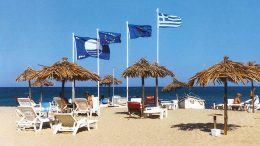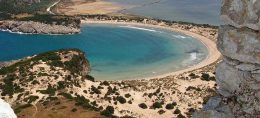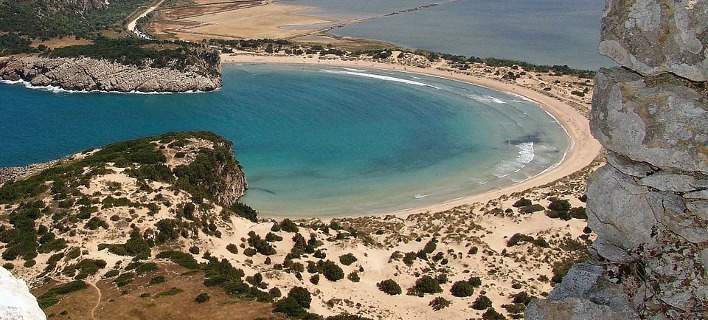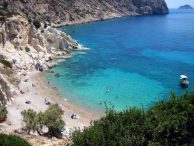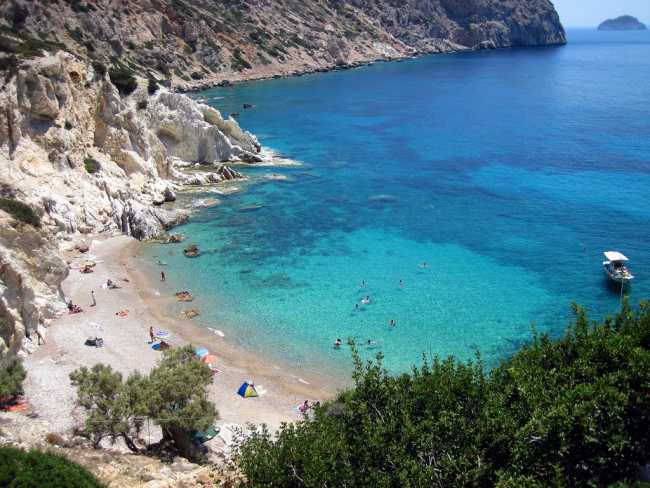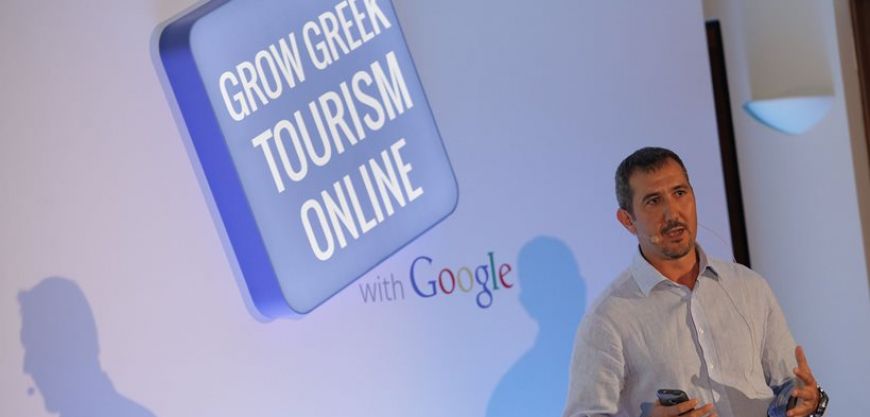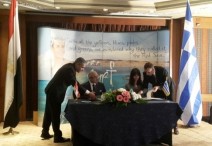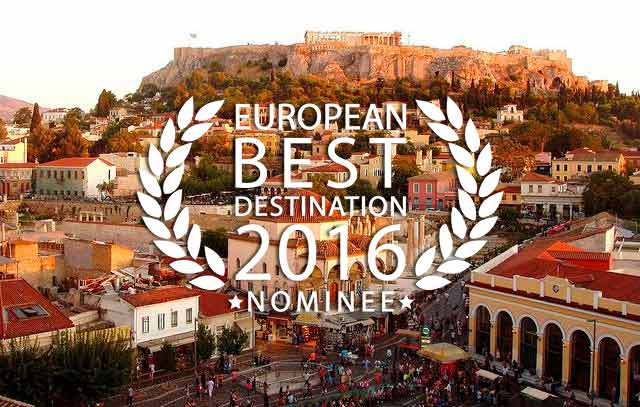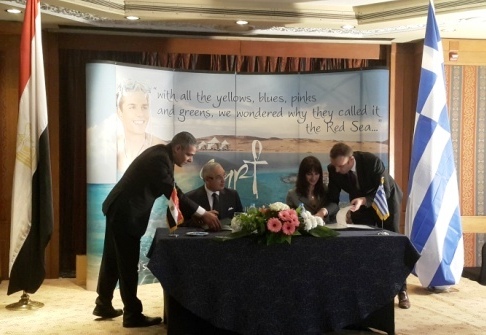 Minister of Tourism Hisham Zaazou and his Greek counterpart Elena Kountoura signed on Monday 22/2/2016 a Memorandum of Understanding (MoU) on tourism cooperation between the two countries.
Minister of Tourism Hisham Zaazou and his Greek counterpart Elena Kountoura signed on Monday 22/2/2016 a Memorandum of Understanding (MoU) on tourism cooperation between the two countries.
At a joint press conference following the signing ceremony, the minister asserted that the agreement is an important step and a cornerstone for tourism relations between the two countries.
He also welcomed the Greek tourism minister’s visit that will greatly contribute to enhancing the Greek tourism movement to Egypt.
Zaazou also said that the agreement stipulates cooperation in the tourism exchange, promotion for the Egyptian tourism programs in remote markets such as US and South East Asia as well as cooperation in the religious tourism domain.
The Greek minister, for her part, voiced happiness at visiting Egypt and expressed her admiration of the Egyptian civilization and the warm welcome she has received in Egypt.
She asserted that Egypt will restore its position as a strong tourist destination in the region as soon as possible, citing its varied tourist destinations and great civilization which could attract tourists all along the year.
Kountoura also noted that her country welcomed the measures taken to bolster bilateral relations and beef up existing relations in all domains.
She said the MoU will encourage both countries on exchanging information, campaigning for promotion programs and working jointly for the sake of flourishing their tourism markets in both countries.
The agreement will also ease investment measures for Greek and Egyptian businessmen to carry out joint tourism projects, she added.
The Tourism Promotion Authority has prepared a tourist program for the Greek minister and her accompanying media delegation that will include tours in the main tourist sites in Giza Pyramids, the Egyptian Museum and other tourism locations.
(www.sis.gov.eg)
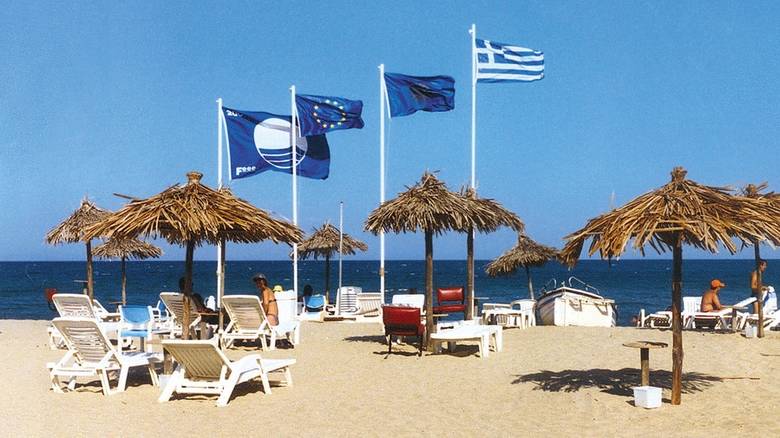 Greece has earned fourth place in Europe with regard to the quality of its bathing waters for this year, according to data published by the European Environment Agency on Tuesday. The report noted that 97.2 percent of areas inspected were deemed to be outstanding.
Greece has earned fourth place in Europe with regard to the quality of its bathing waters for this year, according to data published by the European Environment Agency on Tuesday. The report noted that 97.2 percent of areas inspected were deemed to be outstanding.